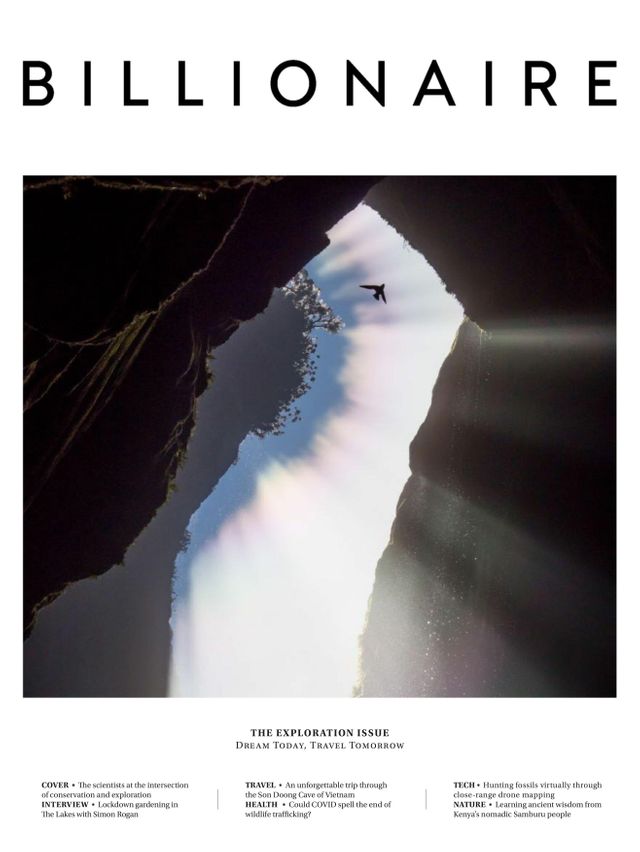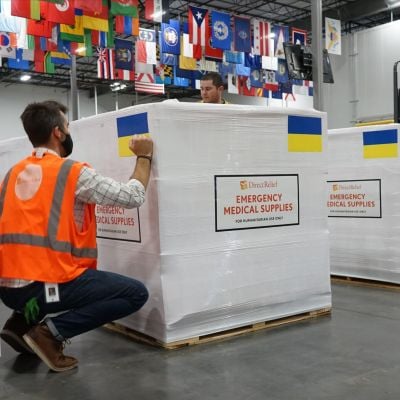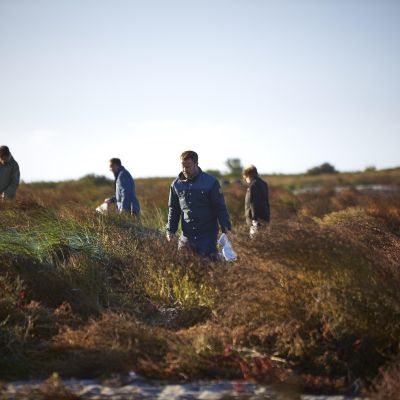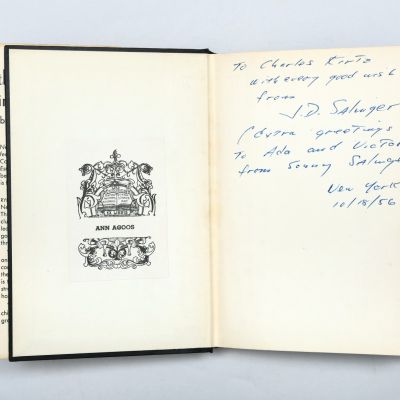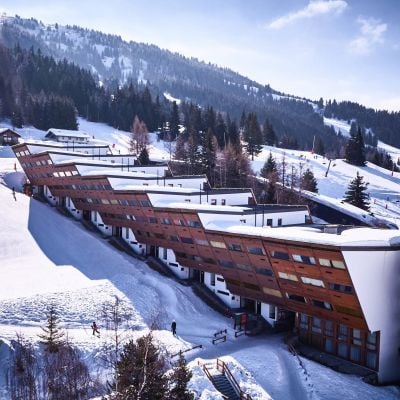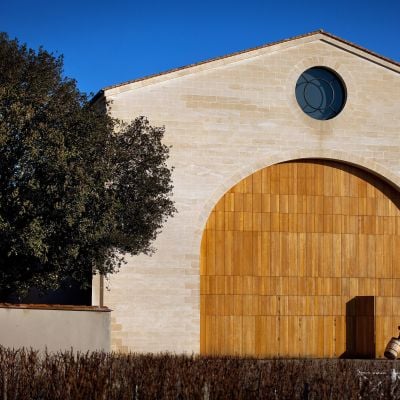Back To My Roots
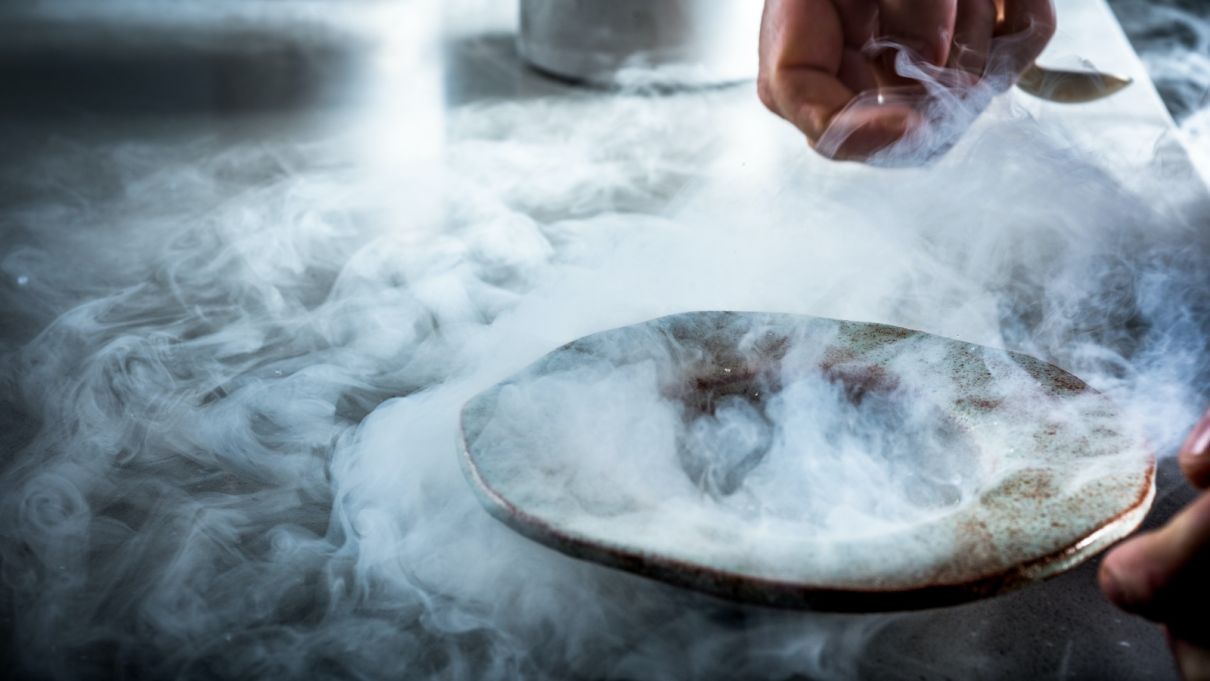
Superchef Simon Rogan has made it his life’s mission to elevate the finest natural ingredients.
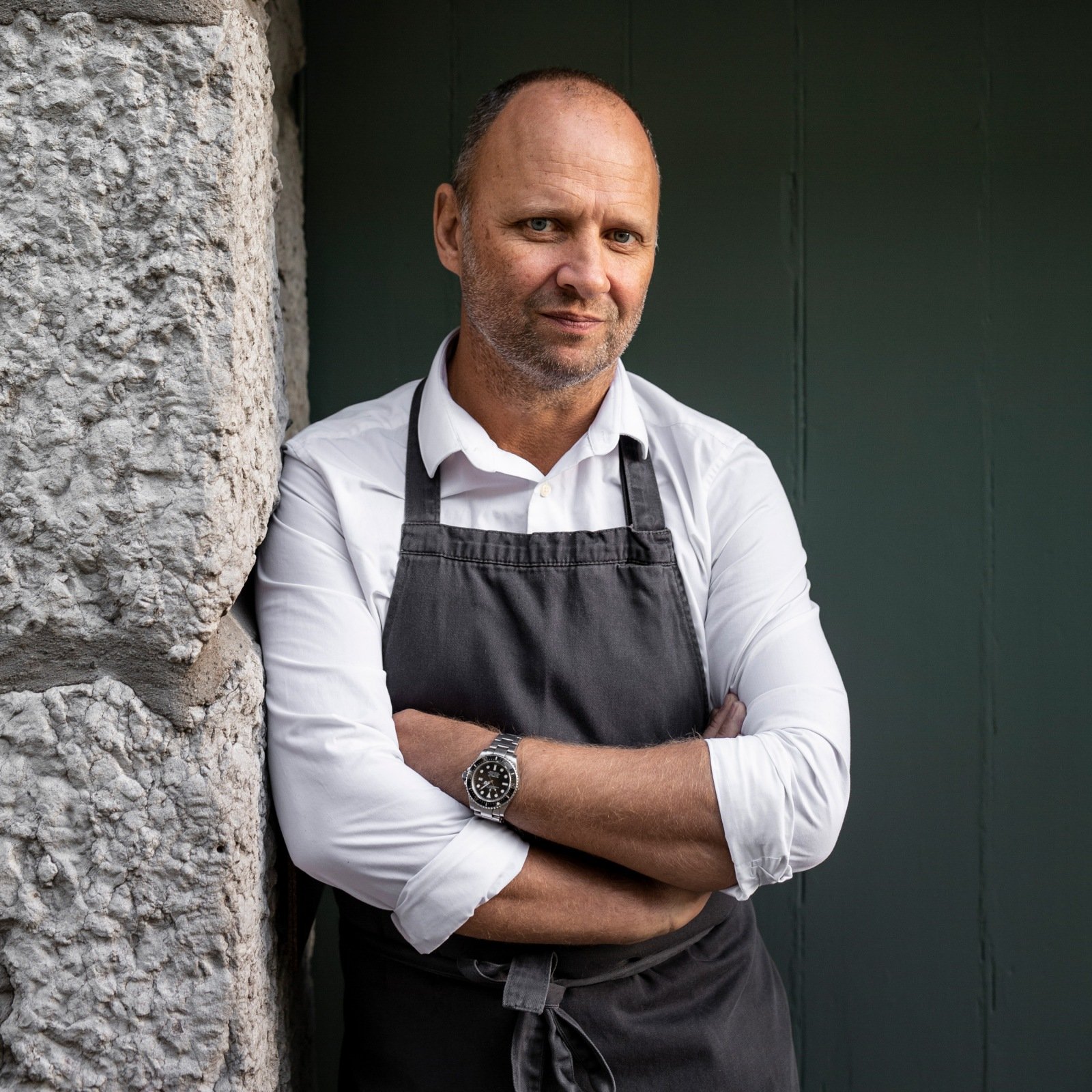
Simon Rogan can trace his obsession with seasonal produce back to his working-class childhood in Southampton. He fondly remembers, at the age of around 10, helping his father out at a fruit-and-veg stall.
“I would go down and wait for him to finish work, sit on the palettes and watch the fork-lift trucks bombing around, putting stuff on lorries. The smell of fresh produce was amazing.”
One of the perks of his father’s job as a market vendor was he could take home whatever he wanted, so there was always an eclectic selection in the fridge.
“It was in the days when pawpaws and kiwis weren’t on supermarket shelves,” says Rogan. More often than not, these exotic delights would sit on the shelf for days, ignored by Rogan and his younger sister. “But sometimes my inquisitive nature got the better of me and I would experiment with using them.”
Rogan’s mum and dad both worked long hours and he was a ‘latchkey’ kid. So, when he returned from school, he would often cook tea for the family, from the age of 12, with a repertoire including “bolos” [spaghetti Bolognese], curries and lasagne.
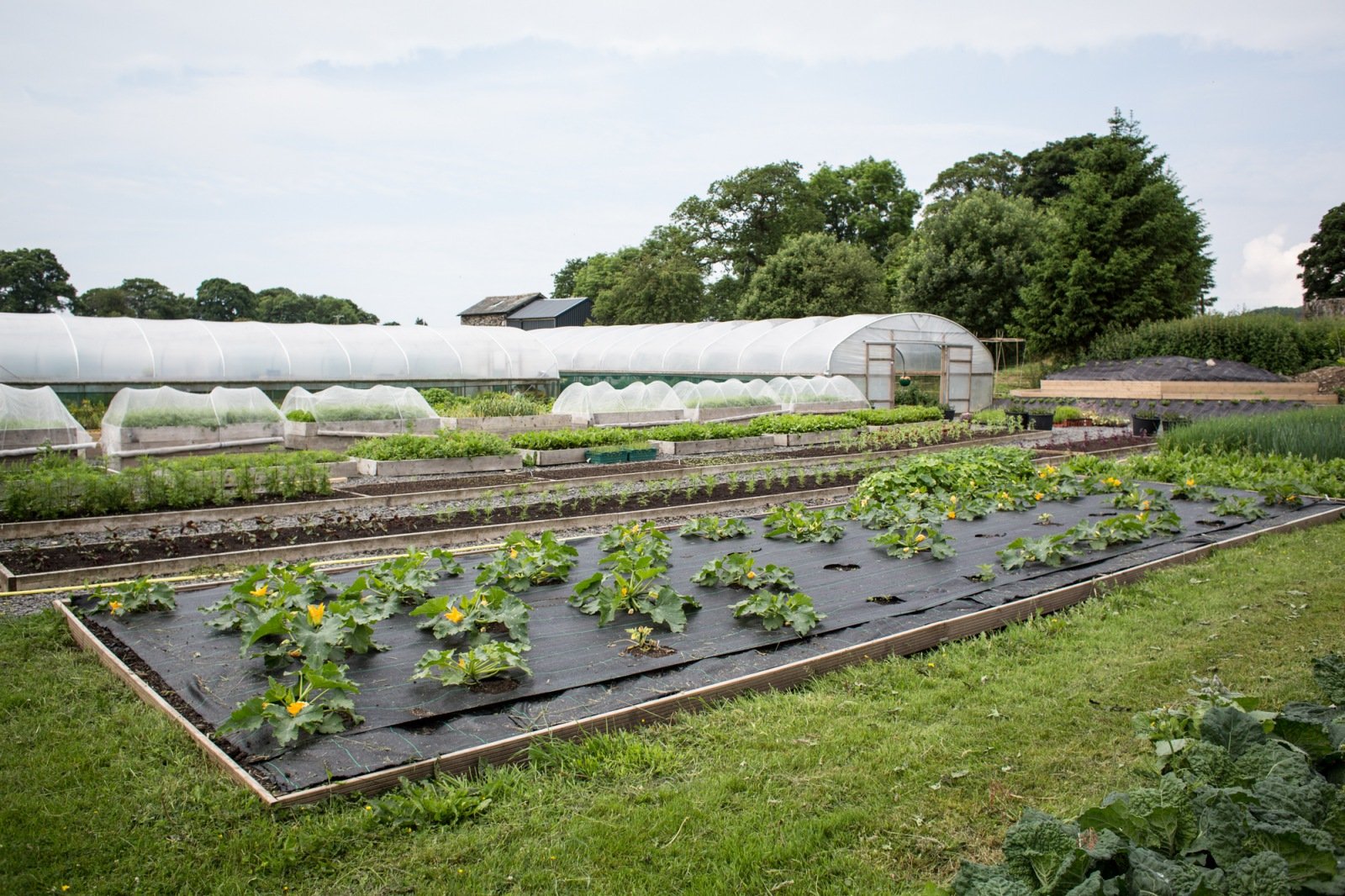
Rogan and I are chatting over breakfast at SOMM, a restaurant in the Landmark Mandarin Oriental Hotel in Hong Kong. We had planned to meet at his new restaurant in Causeway Bay, Roganic, but road closures due to the pro-democracy protests forced us to change the venue at the last minute.
But he is unphased. Despite having just opened a new fine-dining restaurant at the epicentre of the crisis, he says it’s the chaotic, exciting, colourful nature of Hong Kong that he revels in.
On a health kick, Rogan orders vegan granola and coconut yoghurt. His menu choices, he says, are often plant-based, reflecting the ethos of his restaurants. But cutting out gluten and alcohol has been essential for the gruelling few weeks of travelling back and forth between his various restaurants in the UK, his new outpost in Hong Kong, as well as scoping out a couple of potential future opportunities in the Middle East. “I’ve got to keep myself in tip-top condition for this.”
I find myself immediately warming to this humble, culinary heavyweight, who now holds a total of five Michelin stars: two for his first restaurant L’Enclume, opened in 2002 in the picturesque Cumbrian town of Cartmel; another for Rogan & Co in Cartmel; Roganic in London; and, most recently, for the newly opened Roganic in Hong Kong.
He speaks candidly, intelligently, his speech peppered — in that uniquely British way — with cheerful swearing. He hates “faff”. There is no pretention despite the success; Rogan would be just as happy living as a nobody on a South Pacific beach, flip-flopped, out of sight, running a barbecue shack. In fact, it’s his retirement plan. But not for a while yet, I venture.
Rogan started off with an apprenticeship at the age of 17 at the Rhinefield House Hotel in the New Forest, working under Paul Norman, the former head chef at the Savoy. He says it gave him the start he needed to pursue his career.
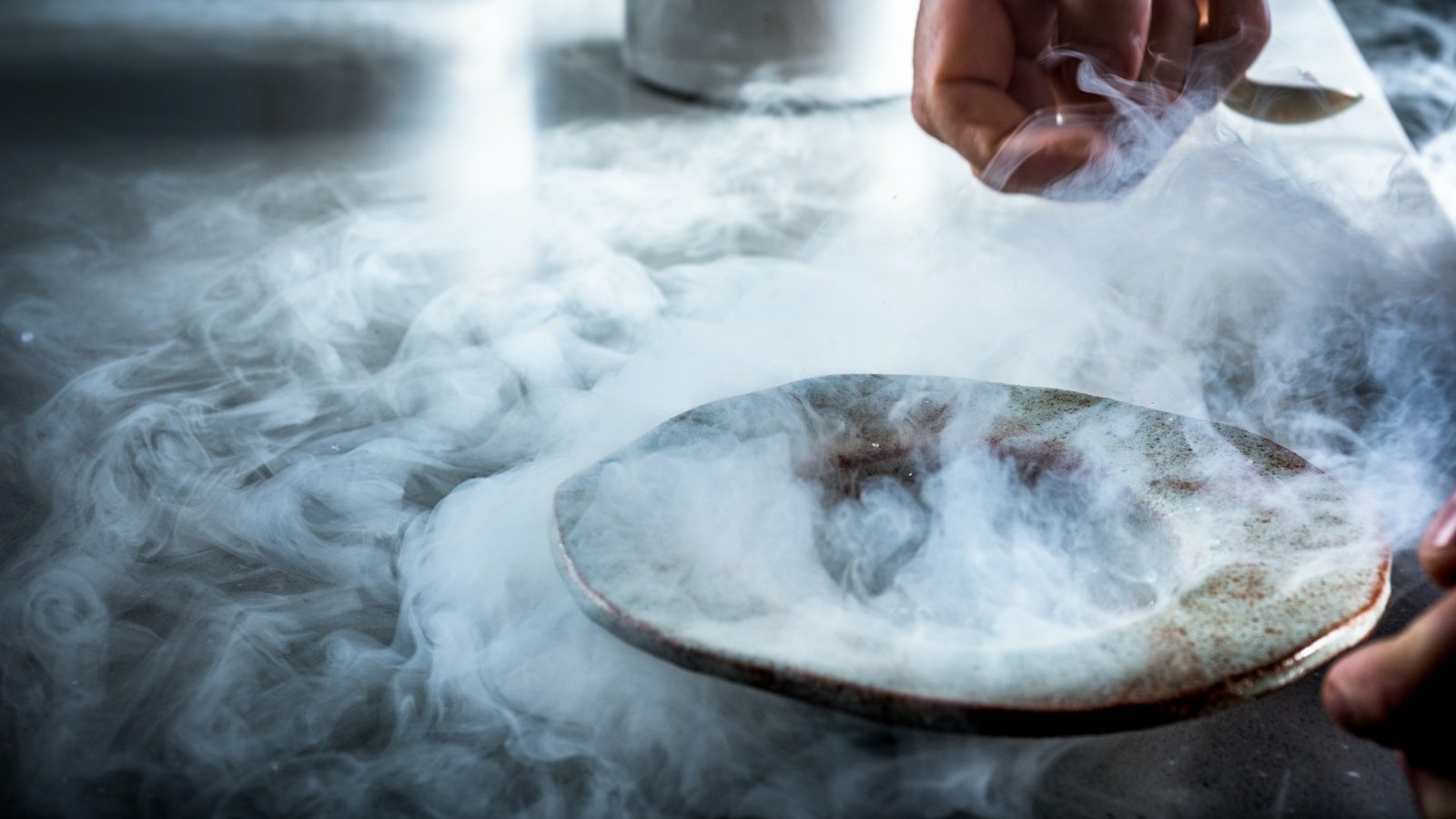
“He gave me an amazing classical grounding; he got me to the top of the class. And he made me into the arrogant little shit I was in those days.”
It also was the point where he developed his love of foraging, something that has defined his restaurants to date. “The sous chef was a big forager and we used to go out in the afternoons for wild sorrel, mushrooms, anything. When I started working in London and Paris, I forgot about [foraging], until my own restaurant came along. I wanted to go back to it.”
So began a part of Rogan’s career working under some of the world’s most impressive chefs, including Jean-Christophe Novelli, Marco Pierre White and John Burton-Race, and a three-year stint helming Claridge’s restaurant, Fera. But he wasn’t happy; he longed to be his own boss.
In 2002 the opportunity came up to buy a beautiful old building in Cumbria that traces its roots to a 13th century blacksmith shop. He had been hunting for the right premises for a while, around West Sussex, where his partner Penny Tapsell is from. “We couldn’t find anything we could afford without a bunch of investors having to come in, which is what we were trying to avoid.”
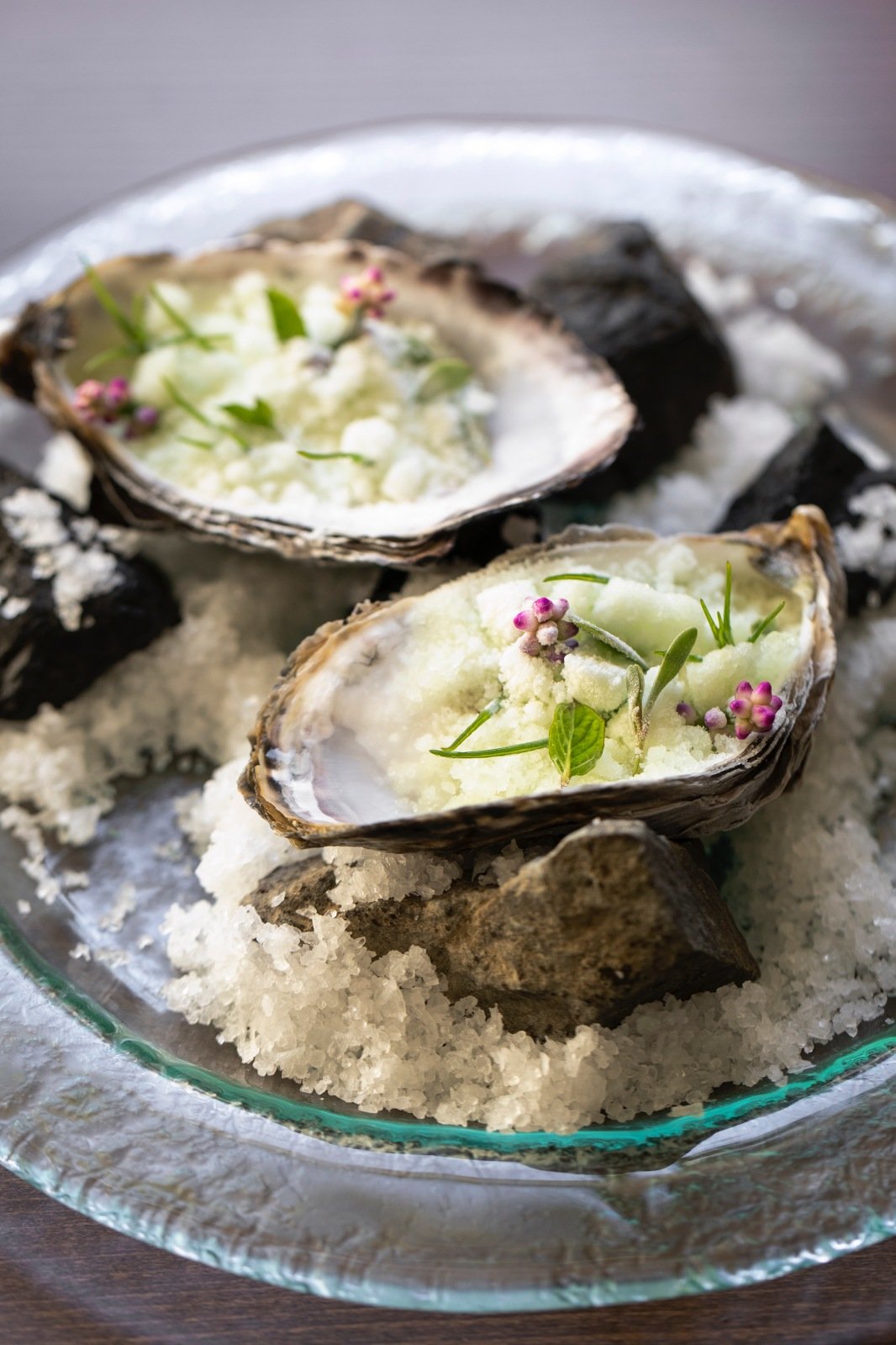
A consultant approached him with the old blacksmith shop, which had been converted into an antiques-trading business. Rogan’s first thought was that he didn’t even know where the Lake District was. But he went up to check it out. “I instantly fell in love with the place and made an offer on the way home, much to Penny’s disgust,” he recalls.
“We literally sold everything for it: our house, car, stereo, you name it, to be in charge of our own destiny.”
Rogan describes how initially, customers at L’Enclume (which means anvil in French, a name Rogan regrets as it sounds “a bit flash”) were expecting sticky-toffee pudding with custard, not the sophisticated, seasonal and foraged cuisine that Rogan had in mind. The 15-course tasting menu at L’Enclume includes ‘raw Cornish mackerel and vegetables in coal oil’ and ‘frozen Tunworth cheese with malt’. Unsurprisingly, it wasn’t exactly a slam dunk.
“In the north of England it was a totally alien concept,” he recalls. To make ends meet, they started by letting out the seven rooms on the property, “so at least I knew we would always have 14 customers.” Gradually, as L’Enclume began to connect with its surroundings and community, and earned a reputation in London, the dining room filled.
After years living in London and Paris, Rogan fell deeply in love with the bucolic lifestyle. “Now I’d much rather be among the cows than the sirens.” In 2009, inspired, he decided to cultivate a piece of land near L’Enclume into a farm, which he called Our Farm. Now most of the food served in the restaurant is grown next door according to the rhythms of the seasons.
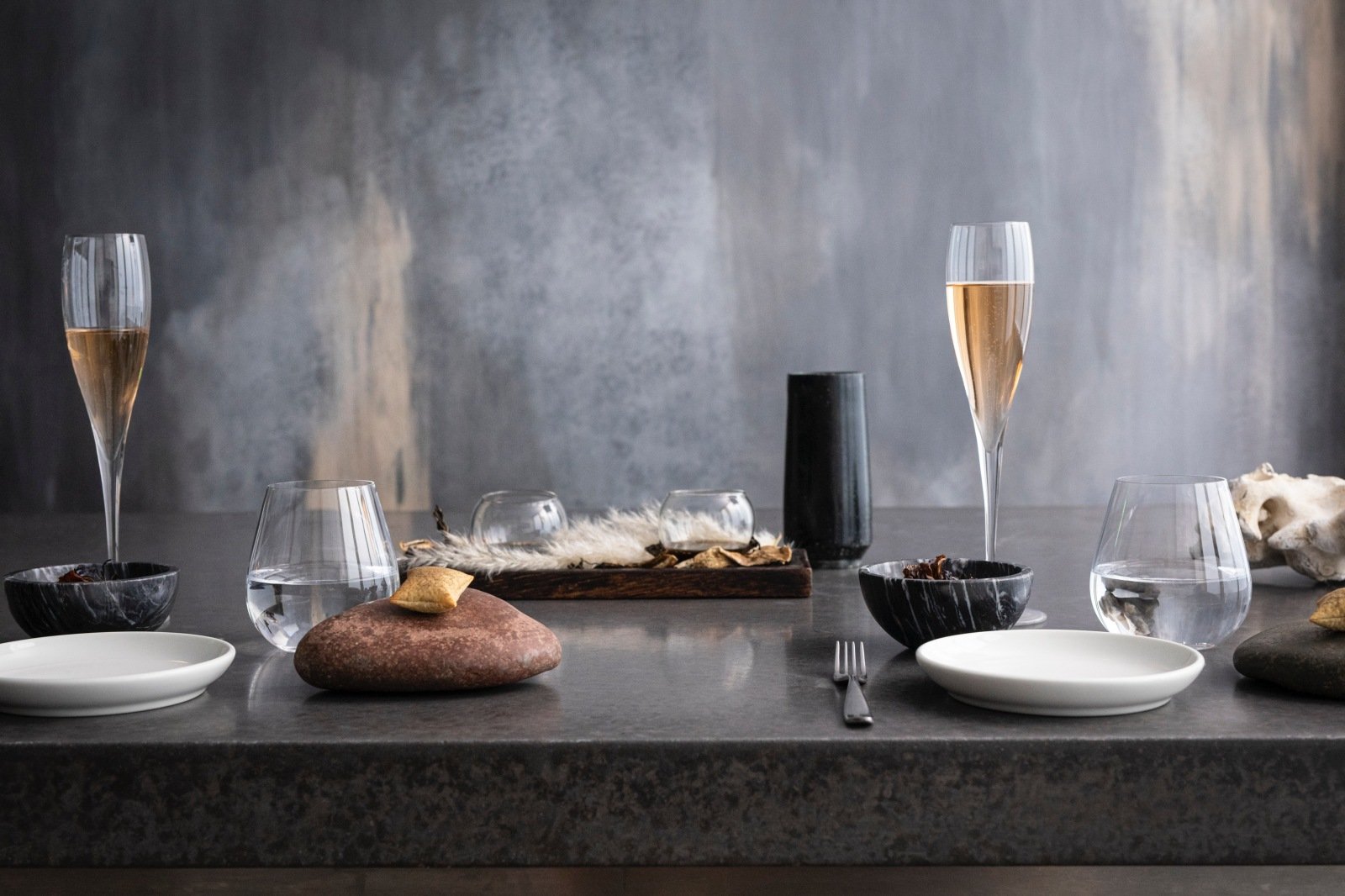
They waste nothing. Last year’s bumper crop of beetroot has been pickled for use over the winter. The restaurant’s meat, fish and dairy comes from within the borders of Cumbria, but Rogan uses it scantily. “We try to get people through a meal without the realisation that they’re eating bugger-all meat. There are so many layers of flavour in those vegetables, people don’t miss it.”
This philosophy guides his London restaurants, as well as his new outposts in Hong Kong, Roganic, and its next door 12-seater chef’s table, Aulis. In lieu of a farm, he sources his produce from an organic grower in the New Territories. Within a few months Roganic in Hong Kong had earned a Michelin star. He has also just opened a larger restaurant called Henrock at Linthwaite House: a 36-bedroom boutique hotel in a gorgeous landscaped garden in the Lake District.
He admits it has been an exhausting year and is looking forward to spending time with his younger son, Michael, going to the cinema and eating out at Nando’s restaurant, their go-to. He stresses the importance of a work-life balance and has instituted a four-day week for his staff. “Maybe that’s why most of them end up working a long time for me.”
Rogan has, in his sights, a time where he will spend his days lying in a hammock on a South Pacific beach. “I want nothing material, just absolute simplicity, relying on nature. That’s the life for me.”
This article originally appeared in Billionaire's Exploration Issue, June 2020. To subscribe contact

